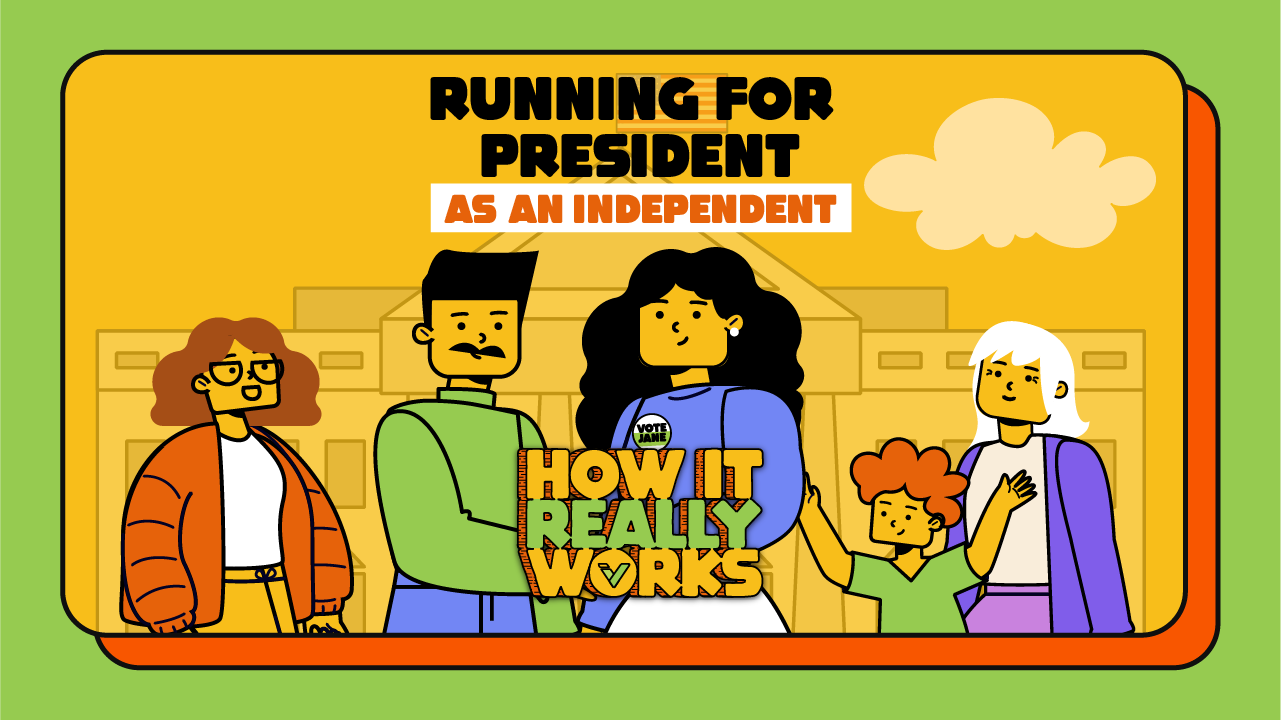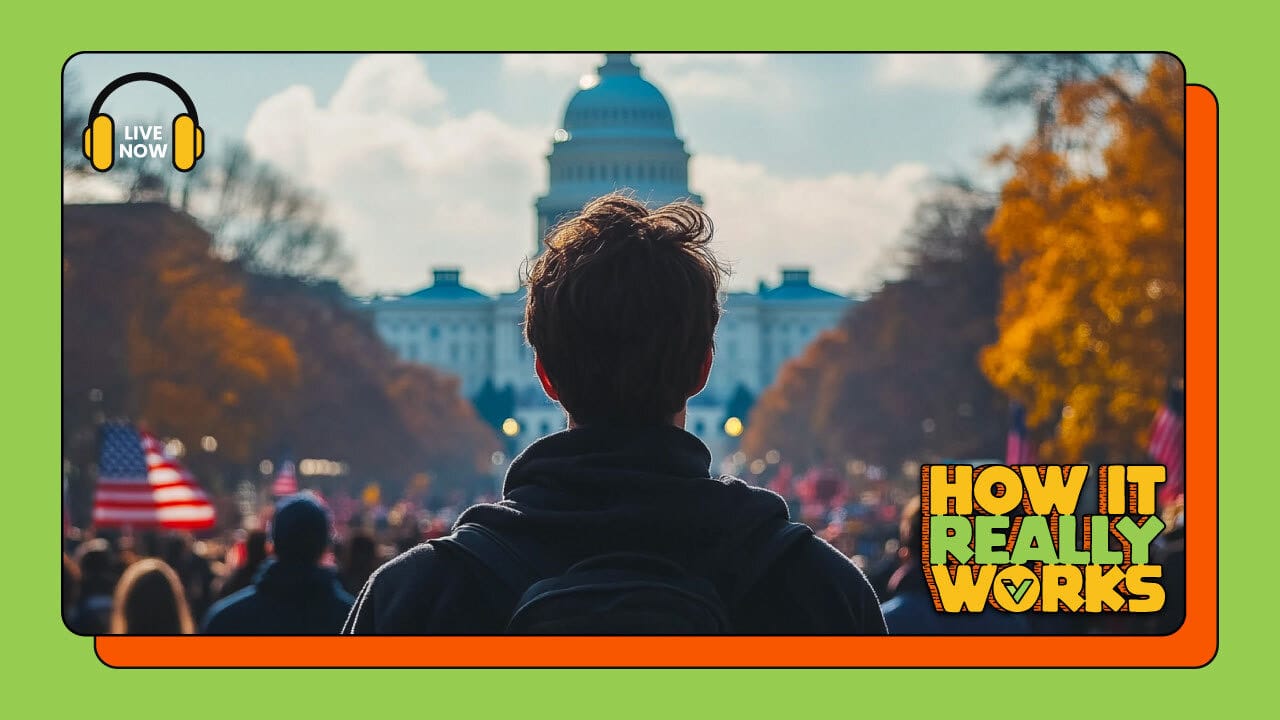Lawsuit Challenges Independent Voter Suppression under Closed Primaries in Maryland

COLUMBIA, M.D. - A new lawsuit filed Wednesday by the Open Primaries Education Fund along with the law firm, Angor, Rapaport, & Skainy (DATRS), asserts that Maryland is violating its own constitution and the voting rights of nearly 1 million independent voters in the state by denying them access to taxpayer-funded primary elections.
The Open Primaries Education Fund is a national nonprofit organization that educates, promotes, and advocates for election reform across the US. Its lawsuit, filed in the Circuit Court for Anne Arundel County on behalf of 5 registered unaffiliated voters, seeks to prevent the state from continuing to fund partisan primary elections that exclude independents.

“Independent voters are the fastest growing group of voters in America, but they are treated as second-class citizens in Maryland and across the country. We cannot continue to publicly fund and administer elections that shut these voters out if we want to continue to call ourselves a democracy,” said Jeremy Gruber, the group’s senior vice president.
The plaintiffs — Serena Bryson (Prince George’s County), Kimberle Fields (St. Mary’s County), Amber Ivey (Baltimore City), Robert Sartwell (Anne Arundel County), and Dona J. Sauerburger (Anne Arundel County) — argue that they’re being disenfranchised by a system that bars them from the most critical stage of the public elections process.
Since many general elections in Maryland are uncompetitive or uncontested, the primary often determines the ultimate winner, leaving unaffiliated voters without a meaningful say.
“I would like to have candidates consider and appeal to my concerns and values, but they tend to dismiss me unless I affiliate with their party so I can vote in the primaries. That's just not right,” said plaintiff Dona Sauerburger. “I want my voice to be heard.”
Legal Grounds: Maryland Constitution and the Declaration of Rights
The lawsuit cites multiple provisions of the Maryland Constitution that plaintiffs claim are violated by the state’s use of closed primaries, which require voters to register as a Republican or a Democrat in order to vote in elections that are funded by taxpayers and administered by the state using taxpayer-funded resources.
For example, it notes that Article 1, Section 1 of the Maryland Constitution guarantees all registered voters the right to vote in “all elections held in this State.” The suit also invokes Articles 7 and 24 of the Maryland Declaration of Rights — known respectively as the “Free Elections Clause” and the “Equal Protection Clause” — to argue that state-funded closed primaries unfairly discriminate against independent voters.
“It’s ultimately a question of suffrage,” said former Maryland Lt. Governor Boyd K. Rutherford, who is serving as legal counsel for the plaintiffs. “We are not seeking to force political parties to let independents vote in their primaries. We are asking the State to stop using taxpayer dollars to fund an exclusionary process that denies basic voting rights.”
The lawsuit also questions the prudence of spending public money on elections that exclude a large segment of taxpayers. A 2024 Baltimore Sun report revealed that a single primary election in Prince George’s County alone could cost up to $2 million. “Put simply, closed primaries are taxation without [a choice in] representation,” said Gruber.
Currently, 37 states have adopted some form of open primaries. States such as Alaska, Colorado, Maine, and New Mexico — as well as cities like St. Louis and Washington, DC — have recently reformed their systems to include unaffiliated voters. New Mexico’s bipartisan legislation, passed in 2025, will open its primaries to over 330,000 independents starting in 2026.

The Maryland lawsuit adds to an expanding list of legal efforts against states that shut independents out of critical taxpayer-funded elections and suppress their right to vote. The Independent Voter Project, for example, filed a petition with the US Supreme Court, challenging New Jersey's use of closed primaries and similarly challenged California’s use of a semi-closed primary system in presidential elections.
With primary elections increasingly determining final outcomes — especially in districts with noncompetitive general races — the push to include all voters, regardless of party affiliation, is gaining urgency.
“We believe this case will set a critical precedent,” Gruber concluded. “Maryland’s Constitution promises every voter the right to participate in elections. That promise must be upheld.
 Shawn Griffiths
Shawn Griffiths





